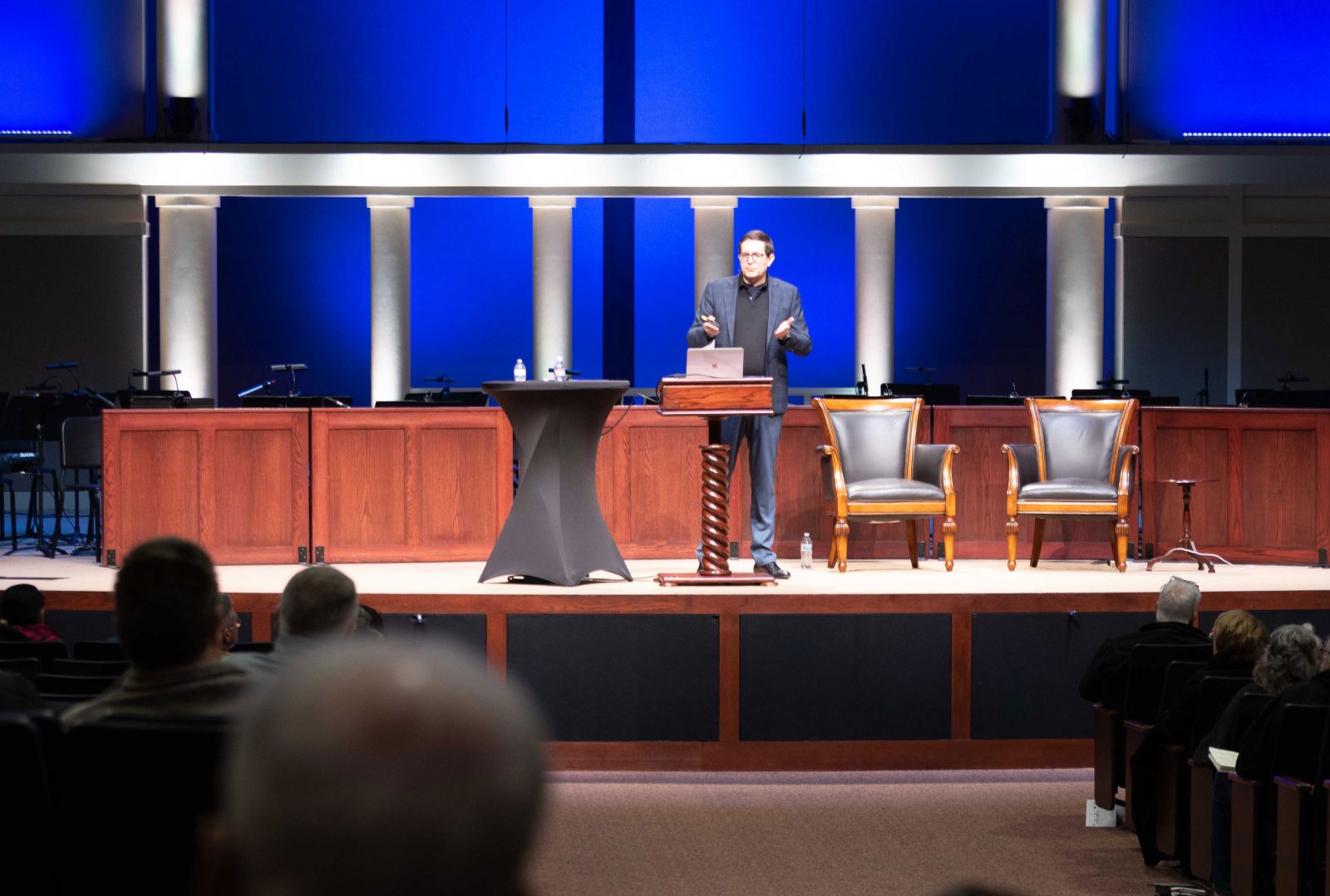
Human Skeletal Joints—Engineering Masterpieces, Pt. 2
Today’s ID the Future completes a talk by award-winning British engineer Stuart Burgess, who explains how the human ankle and wrist joints offer powerful evidence of engineering genius. Burgess is answering evolutionist Nathan Lents, who has argued that human joints are badly designed and, therefore, evidence against intelligent design and for Darwinian evolution’s blind trial-and-error process. According to Burgess, Lents ignores—and seems to be ignorant of—the many ingeniously engineered features of our joints, leading Lents to make easily refuted claims. For example, Lents says an ankle with fused bones would be a superior design to a healthy human ankle. Not if the person hopes to play squash or tackle any number of other activities that require the suppleness and responsiveness of the human ankle, Burgess notes. Burgess’s lecture was taped at the 2022 Westminster Conference on Science and Faith in the greater Philadelphia area. The conference was jointly sponsored by Westminster Theological Seminary and Discovery Institute’s Center for Science and Culture.


